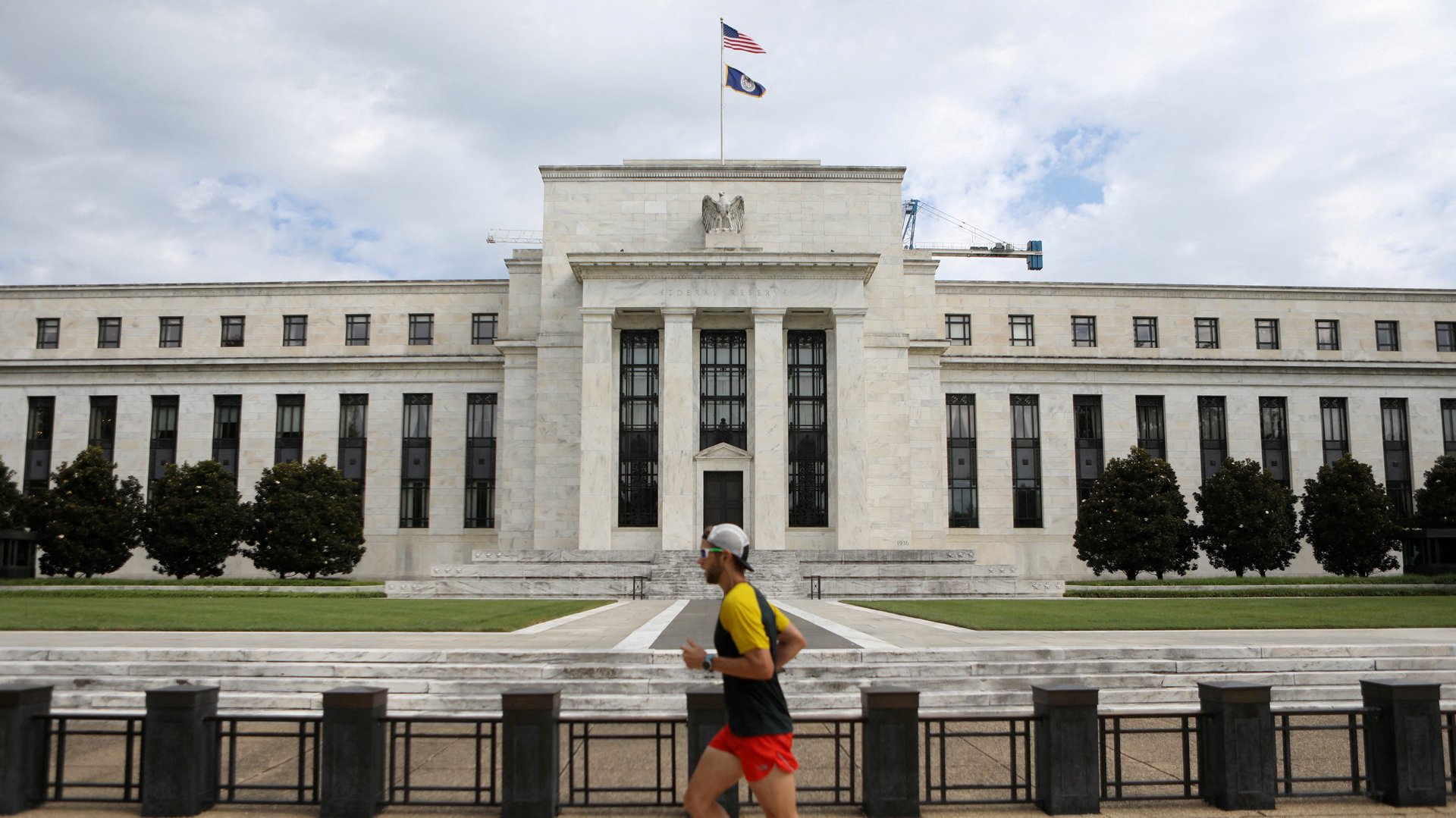Fed chair Jerome Powell wants to see fewer US job openings
US Federal Reserve chair Jerome Powell has a succinct answer to the perplexing question of how to curb inflation without sending the economy into a recession: reduce job openings.


US Federal Reserve chair Jerome Powell has a succinct answer to the perplexing question of how to curb inflation without sending the economy into a recession: reduce job openings.
When asked how confident he was that the Fed could slow demand without causing a recession, Powell pointed to the job market, which is the tightest it’s been in decades as the economy recovers.
“There’s a path by which we would be able to moderate demand in the labor market and have vacancies go down without having unemployment going up,” Powell said on Wednesday, after the Fed’s open market committee two-day meeting.
There are currently about two job openings for every unemployed person in the US. As companies struggle to fill those positions, they are raising wages. Those higher wages, in turn, are translating into higher prices. The central bank’s aim is to slow spending down so that businesses become less eager to offer positions. On Wednesday, the Fed further tightened interest rates by half a percentage point, up from a quarter percentage point increase in March.
But Powell also suggested avoiding a recession will be easier said than done. “I do expect that this will be very challenging,” he said, “and it may well depend of course on events that are not under our control.”
Can the Fed avoid a recession?
The Fed chief downplayed worries that raising interest rates could derail the US’s recovery. Households and businesses both have strong balance sheets with excess savings and a tight labor market, he said. “It’s a strong economy,” he added. “Nothing about it suggests it’s close to or vulnerable to a recession.”
He said half point percentage increases will be on the table for the next couple of meetings. If inflation starts moving in the right direction, the Fed may go back to quarter percentage point increases, he added.
“One month’s reading doesn’t tell us much,” Powell said. “We want to see evidence that inflation is moving in a direction that gives us more comfort.”
Keeping inflation in check
Powell also noted the central bank doesn’t see evidence of inflation spiraling out of control, which would require the Fed to raise interest rates even faster to tamp down on higher prices.
“Longer term inflation expectations have been reasonably stable,” he said. “You can look at that and think that’s a fair description of the picture, but it’s really about the risks. We don’t see a wage price spiral, [but] we see that companies have the ability to raise prices.”